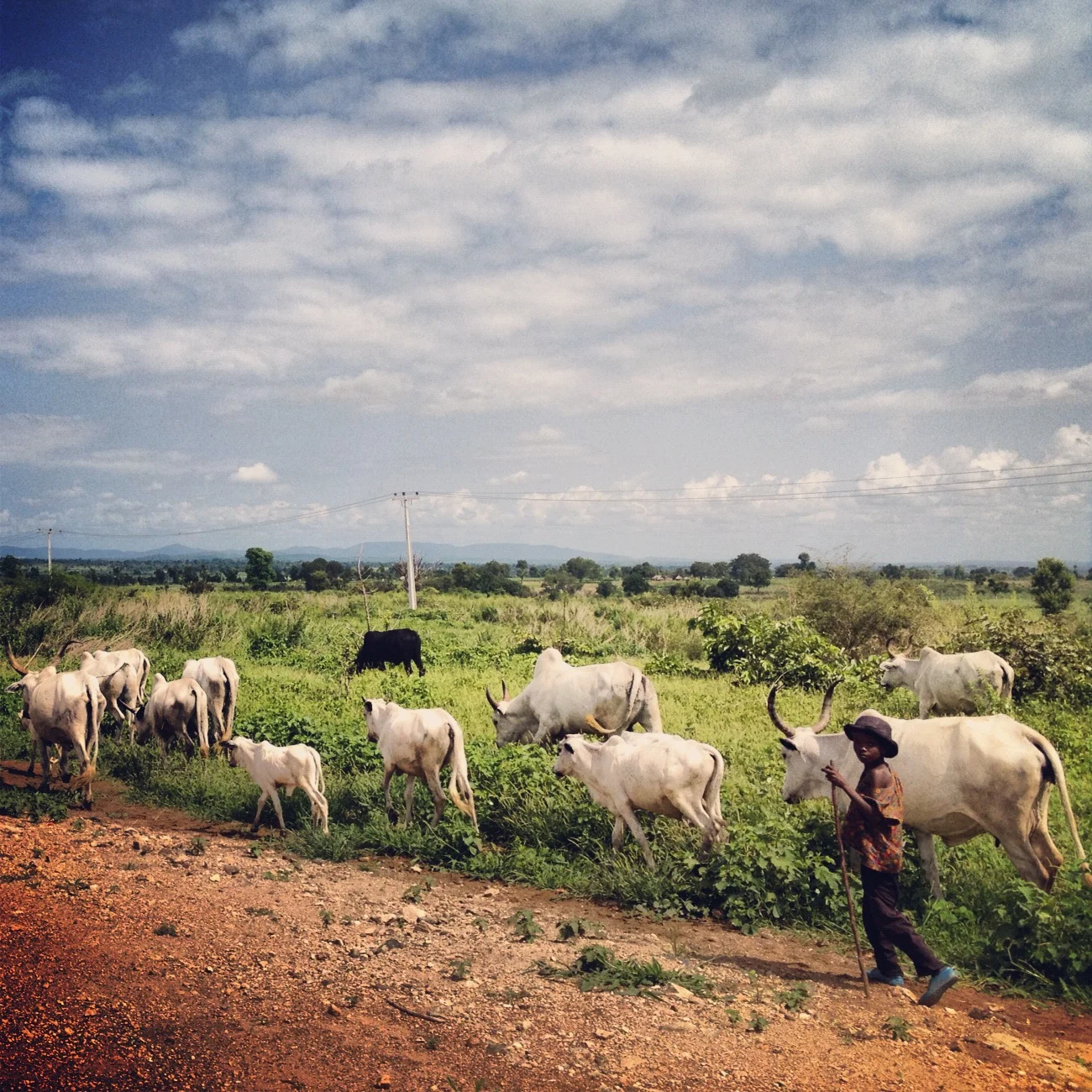Ensuring Access for Nomadic Populations
Ensuring nomadic and other mobile populations have access to immunization services and are within reach of disease surveillance is essential in preventing and controlling the spread of infectious disease. Communities across the Sahel, however, face real challenges accounting for nomadic pastoralists, who are often excluded from primary health care services to the detriment of both them and the community.
FIELD RESEARCH
In 2012 we returned to Nigeria under the Scientific Response Section of the Global Polio Response at the CDC Emergency Operations Center (EOC) to support the development of processes to systematically locate and serve nomadic pastoralists with immunization and other primary care.
We led knowledge-management initiatives with key informants and representatives from public and private health and agriculture institutions, conducted organizational gap analyses. By far the most important thing we did was spend time in the field hearing from community health workers and community leaders across the Fulani tribe.
PILOT SOLUTION
We developed a collaboration with the Ministry of Agriculture to connect local-area ag. extension officers helped community health workers know the pastoralist leaders in their jurisdiction. This One-Health approach had been successful in the research setting but never been operationalized at scale.
The tools we developed to rapidly survey Fulani communities, organize the population data, and add it to campaign and routine immunization planning processes helped add thousands of target-age nomadic children in the first phases of implementation in Nigeria's middle-belt states.
SCALE UP
Our quantitative analysis of livestock-route data and polio risk data provided a prioritization of where to concentrate scale-up resources across Northern Nigeria. Working with the CDC's Field Epidemiology & Lab Training Program (FELTP) Residents the process scaled across all high-risk states and was eventually transitioned back to WHO for routine efforts to reach and refresh the program's understanding of hard-to-reach communities.
Working with a core team from CDC Atlanta, we help package and share the lessons learned with through regional workshops and trainings to extend these One Health practices regionally in Burkina Faso, Chad, Mali, Mauritania, and Niger.




